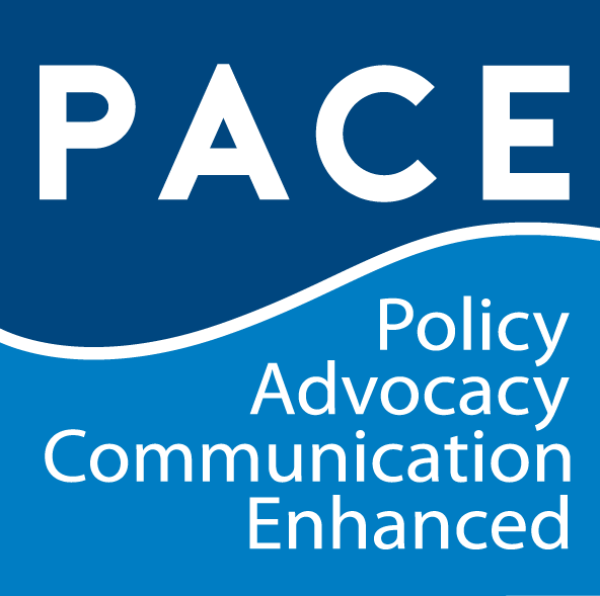The Youth Leaders module provides youth-led and youth-serving advocacy and accountability organizations a curriculum that meaningfully engages youth to develop their policy communication knowledge and skills. Youth can be powerful agents of change when armed with effective communication tools and strategies. This module prepares youth to engage in policy communication as they learn about how their actions can result in strong policy creation and implementation on a range of issues. The module increases the policy communication knowledge and skills of youth leaders, equipping them with tools to improve their advocacy effectiveness and ability to engage with policymakers.
At the conclusion of this module, participants will be able to:
- Recognize that youth leaders, empowered with data and evidence, can inform policy.
- Identify entry points for youth-led policy communication.
- Develop a youth-led, evidence-informed advocacy strategy.
- Create and manage effective coalitions for policy change.
- Use a variety of communication platforms, from print to oral to social media, to engage effectively with decisionmakers.
In addition to the curriculum components listed on this page, we encourage youth-serving and youth-led advocacy and accountability organizations to reference the following materials:
- A How-to Guide for Trainers
- Simple Do’s and Don’ts of Engaging with Youth Advocates
- Sample Curriculum: Youth Leaders Policy Communication
Download All Materials (ZIP, 86 MB)
Download the French Translation (ZIP, 109 MB)
Acknowledgments
PRB would like to acknowledge and thank Dezio Macheso and Imali Ngusale, two youth advocates who each authored sections of Module 9, as well as Norhan Bader of the International Youth Alliance on Family Planning, who provided a comprehensive and thoughtful review of the module’s content. Additional thanks go to White Ribbon Alliance, Kenya and the Health Policy Plus project, Malawi for helping field-test sections of this curriculum and providing feedback on the content.


